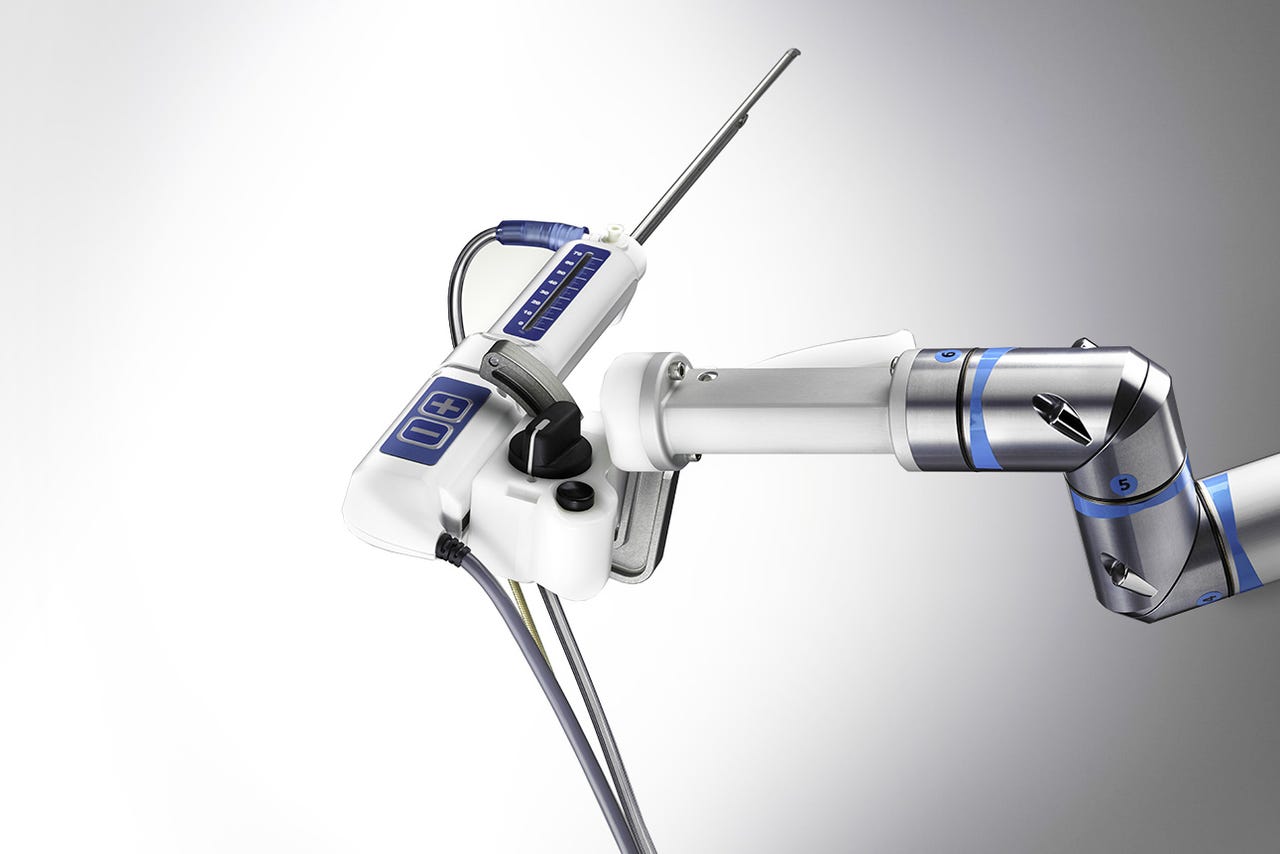Treatment for enlarged prostate uses a robot and a jet of water


Procept BioRobotics, a Silicon Valley-based surgical robotics company, recently raised nearly $120 million in private equity to commercialize a treatment for a prevalent prostate condition known as benign prostatic hyperplasia (BPH).
BPH, also known as enlarged prostate, affects around half of men age 60 or older and 90 percent of men age 85 or older.
Founded in 1999, Procept has pioneered the first commercially available autonomous tissue removal robot to treat BPH.
The company's AQUABEAM system uses autonomous robotics and advanced imaging to deliver a heat-free waterjet that removes enlarged prostate tissue. The company has presented clinical research suggesting its method carries less risk of side effects than the current surgical gold-standard, known as TURP.
Five to ten percent of men who have TURP surgery currently experience sexual side effects like erectile disfunction.
Prostate surgery has already proven to be a massively successful market for robotics. The well-known Da Vinci device, which is an assistive surgical tool as opposed to an autonomous robot, is commonly used for prostatectomy.
The majority of prostatectomies in the US are now performed using robotic surgical devices.
Intuitive Surgical, which makes the Da Vinci, has a market cap of nearly $50 billion, demonstrating the scope of the market for effective surgical solutions that reduce the risk of complications like impotence.
Procept's technology utilizes aquablation therapy, in which a focused jet of water removes tissue without cutting or heat.
In order to accurately target tissue for removal, Procept's system uses proprietary multi-dimensional prostate imaging technology.
The company is privately held. The latest equity financing was led by Viking Global Investors LP.